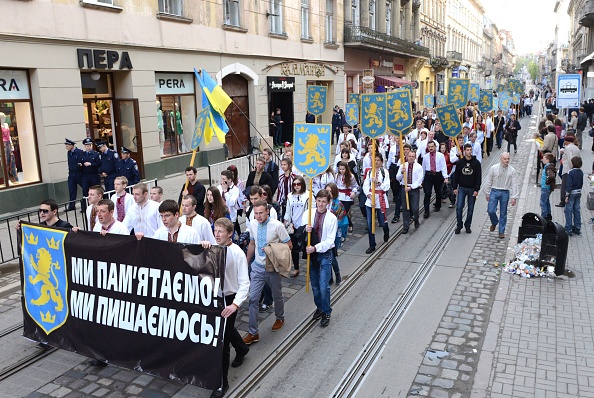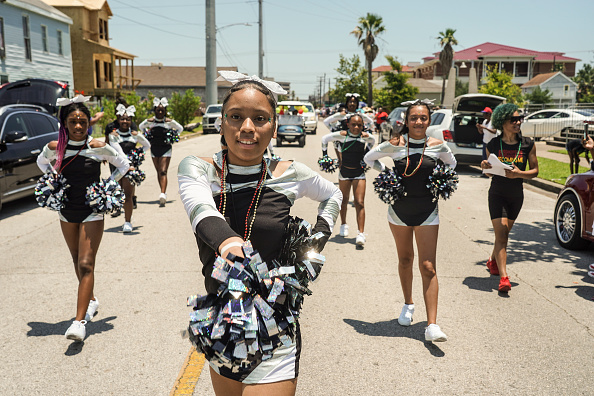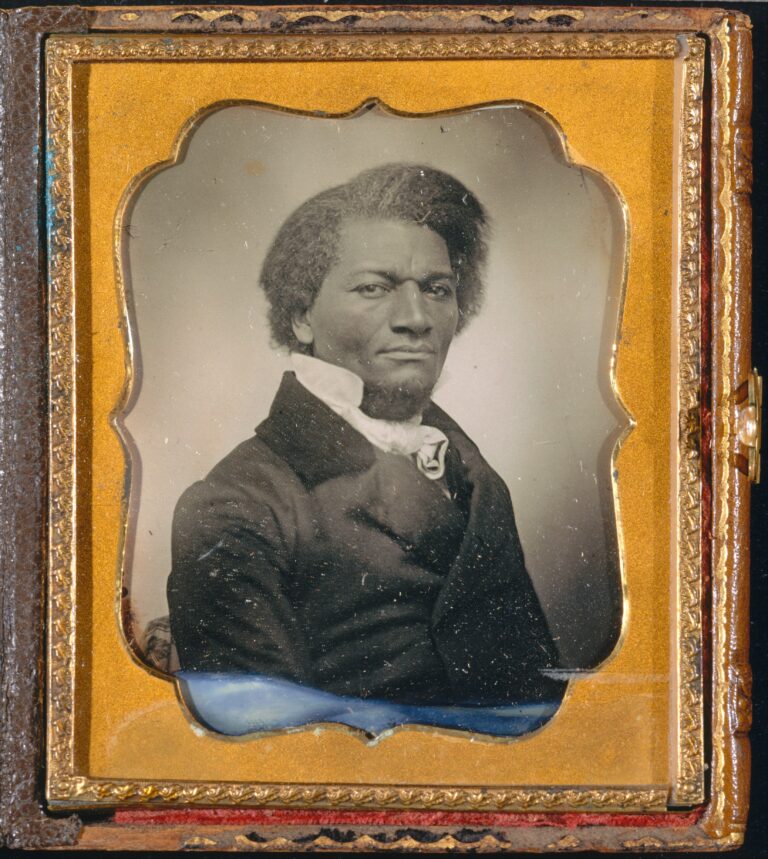Springtime in Ottawa: The West’s Standing Ovations for a Big Lie

On 22 September, during a visit of Ukraine’s president Volodymyr Zelensky and his wife Olena to the Canadian House of Commons, its now former speaker Anthony Rota singled out an elderly visitor in the gallery. Yaroslav Hunka, Canada’s parliamentarians heard, was a “hero,” “a Ukrainian Canadian war veteran from the Second World War who fought for Ukrainian independence against the Russians.” The House, including prime minister Justin Trudeau, finance minister and deputy prime minister Chrystia Freeland, and the Zelenskys, performed enthusiastic standing ovations.
The party quickly turned sour, propelling Canada’s political elite into frantic damage control mode and infuriating that of Poland, a key ally Kyiv cannot do without but is currently doing its worst to alienate.
Canadian (and Ukrainian) political scientist Ivan Katchanovski revealed that young Hunka had volunteered to serve in Nazi Germany’s Waffen-SS, specifically the “Galizien” Division, named after the region of western Ukraine, where it was established in 1943 with help from local collaborators. The Division then suffered devastating losses in battle against Soviet forces, was rebuilt, and used by Nazi Germany in several countries of Eastern Europe, including for so-called “anti-partisan” operations, that is squashing anti-fascist resistance and murderously terrorizing civilians. When Germany lost the war, the unit, now handily renamed “1st Ukrainian,” surrendered to the Western Allies.
The Waffen-SS was a crucial element of the Nazi regime and its crimes of conquest and genocide. Both the regular German army and the Waffen-SS were suffused with Nazi ideology and committed massive atrocities. Neither was a mere “professional” force, as despicable apologists won’t stop pretending. And both, obviously, served one of the worst regimes not merely of the last century, but human history. Where they conquered, Nazism could exploit, enslave, and murder. Had they succeeded in winning the war for Berlin, we would live in hell.
The “Galizien” Division, of course, committed atrocities as well, for instance against Jews and Poles. The motivations for volunteering may have been complex, but the claim that its soldiers “only” sought some way, any way to fight against the Soviets is a piece of negationist disinformation that no one should repeat. In reality, they were at least as much motivated by local national conflict between Ukrainians and Poles. One purpose was to gather skills and arms to fight these neighbors, also invaded and brutally oppressed by Germany. Other volunteers dreamed of securing a favorable place in the postwar order, that is, a postwar Nazi order. And finally, in a Europe suffused with ethnic nationalism, militarism, and authoritarianism, sympathy with at least the spirit of Nazi ideology did, of course, also play a role.
It was not as if these men had not seen the very worst of Nazism, but it did not affect them personally: Many came from the western Ukrainian city of Lviv (a center of Ukrainian nationalism) and its surroundings, where Nazi rule was characterized by two key features. Germans carried out the Holocaust, with local helpers: Lviv had a large ghetto and a combined labor and mass murder camp. In the countryside, mass killings took place close to the victims’ homes – and those of their neighbors. Both Germans and local non-Jews profited from the spoils of the slaughter.
Secondly, Nazi rule in western Ukraine – as opposed to the center and the east – privileged Ukrainians. They as well – make no mistake – suffered grievously. But the Nazis conducted what one of them called an “ethno-political tilting game,” playing national groups off against each other. In this particular area, Ukrainians, as a group, were their favorites and allowed to officially collaborate. Many did exert their agency to take up the offer.
This could happen in organized forms, such as the through and through political (no, not an “apolitical social welfare organization” as apologists still pretend) “Ukrainian Central Committee” (or really “Hauptausschuss”) under collaborator-in-chief and ethno-nationalist totalitarian Volodymyr Kubiiovych, a man still publicly venerated in Ukraine and in the Ukrainian “diaspora” in the West. Joining the Ukrainian Auxiliary Police and helping hunt and kill Jews was another option. Or, at a grassroots-level, for instance, one could participate in a pogrom, request “confiscated” Jewish property from the Germans and their local collaborator administrations, blackmail or deliver Jews trying to escape, or denounce, and again, blackmail those very few who did try to help the victims.
Joining the Waffen-SS in 1943 meant identifying with the perpetrators of heinous crimes that had already taken place very visibly in the immediate surroundings. It also meant joining these collaborators with gusto and taking advantage of the opportunities that Nazi privilege, relative as it was, offered your particular national group.
But there is more to what happened in Ottawa than willfully ignoring all of the above. Hunka, after all, showed no contrition. On the contrary, he accepted his public honors with visible pride. Canada’s parliamentarians did not merely applaud a former Waffen-SS veteran; they honored an unrepentant one. They paid national homage to the big lie that, somehow, having been a Nazi soldier and not even being ashamed is not merely tolerable but exemplarily virtuous, as long as the fight was against the “Russians” – here falsely equated with the Soviets. Never mind that far more Ukrainians fought in Soviet than in nationalist forces. Indeed, in so far as they did fight the latter, the “Galizien” soldiers are certain to have killed fellow-Ukrainians.
Canada has a shameful tradition of accommodating the white-washing of Ukrainian World War II nationalism and its crimes. Its parliament and leaders have now gone so far in “normalizing” a Nazi veteran that, for once, the backlash is scaring them. Canada’s civil society and media have much work to do. The speaker of the House of Commons offering himself up as a fall-guy will not address the underlying problem.
In Ukraine as well, the “Galizien” Division is whitewashed systematically, celebrated in large-scale public reenactments, and honored by naming streets after it. No, none of this is “Russian disinformation.” If only we learned to listen to those Ukrainians who do not agree with this denialism and nationalist rewriting of World War II.
Even deliberately setting aside the crucial issue of far-right and Neo-Nazi units and fighters in Ukraine’s military for a different occasion (no, that is not “Russian disinformation” either), there is one fundamental message for everyone in the West here, and it concerns the effects of the current war between Moscow and Kyiv, which is making our politicians and parts of our media and publics morally obtuse and, to be direct, stupid, too: Yes, Russia has invaded Ukraine in a war of aggression as illegal as that waged by the West against Iraq in 2003 (for instance); the West has made unprecedented efforts to help Ukraine, privileging it over many other victims of blatant international injustice and oppression, such as Palestine. Where proponents of this support see an inevitable war for national survival, critics (full disclosure, this author included) see an avoidable proxy war devastating Ukraine and putting its survival at stake. Some, after the failure of the long-awaited Ukrainian summer offensive, now favor a long “war of endurance” (a euphemism for “war of attrition”) as The Economist has just put it; others, as this author, want a compromise, preferably yesterday, to end the perverse bloodshed and destruction.
And here’s the lesson from Ottawa’s disgrace. Wherever you stand on the above, there must be one simple rule we all still agree on: Nazis and their collaborators must never be honored, and when that happens, it matters. It can’t be spun and hushed up, as Canadian prime minister Justin Trudeau is now trying to do. It is a sign that we have much work to do on ourselves, here, in the West. Waffen-SS veterans are not examples for us. That we even have to restate this means we are in deep trouble.



